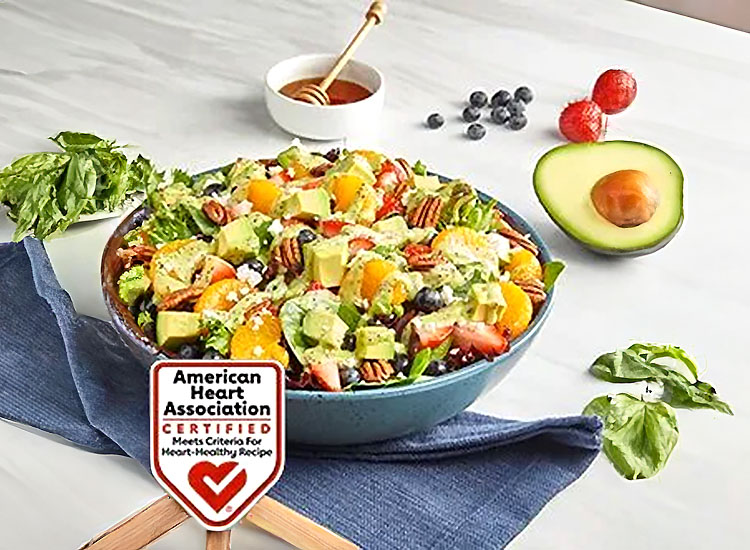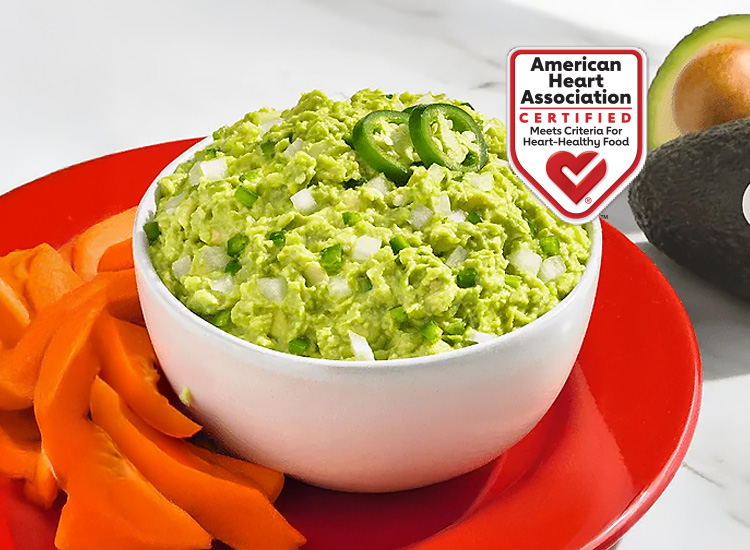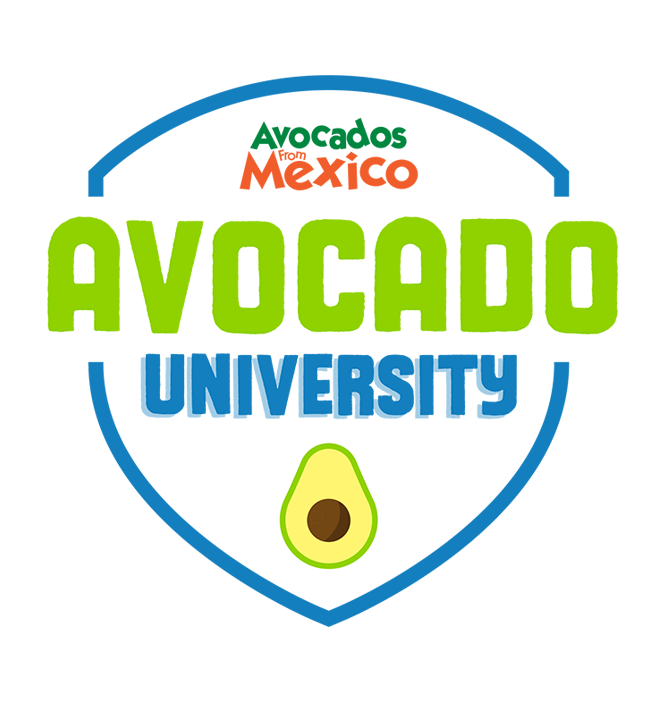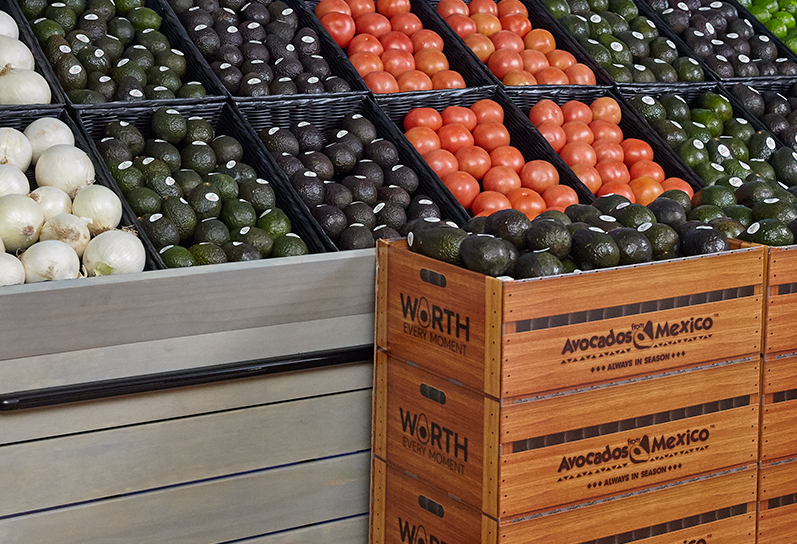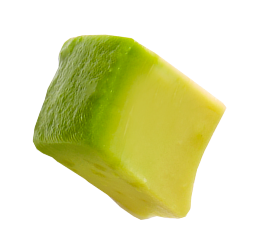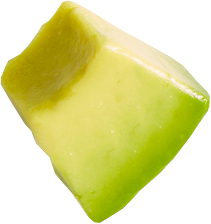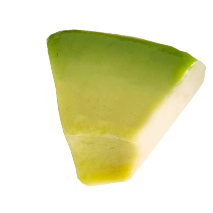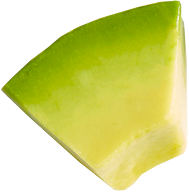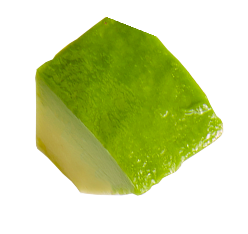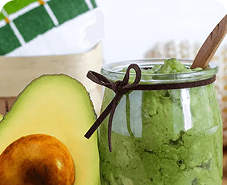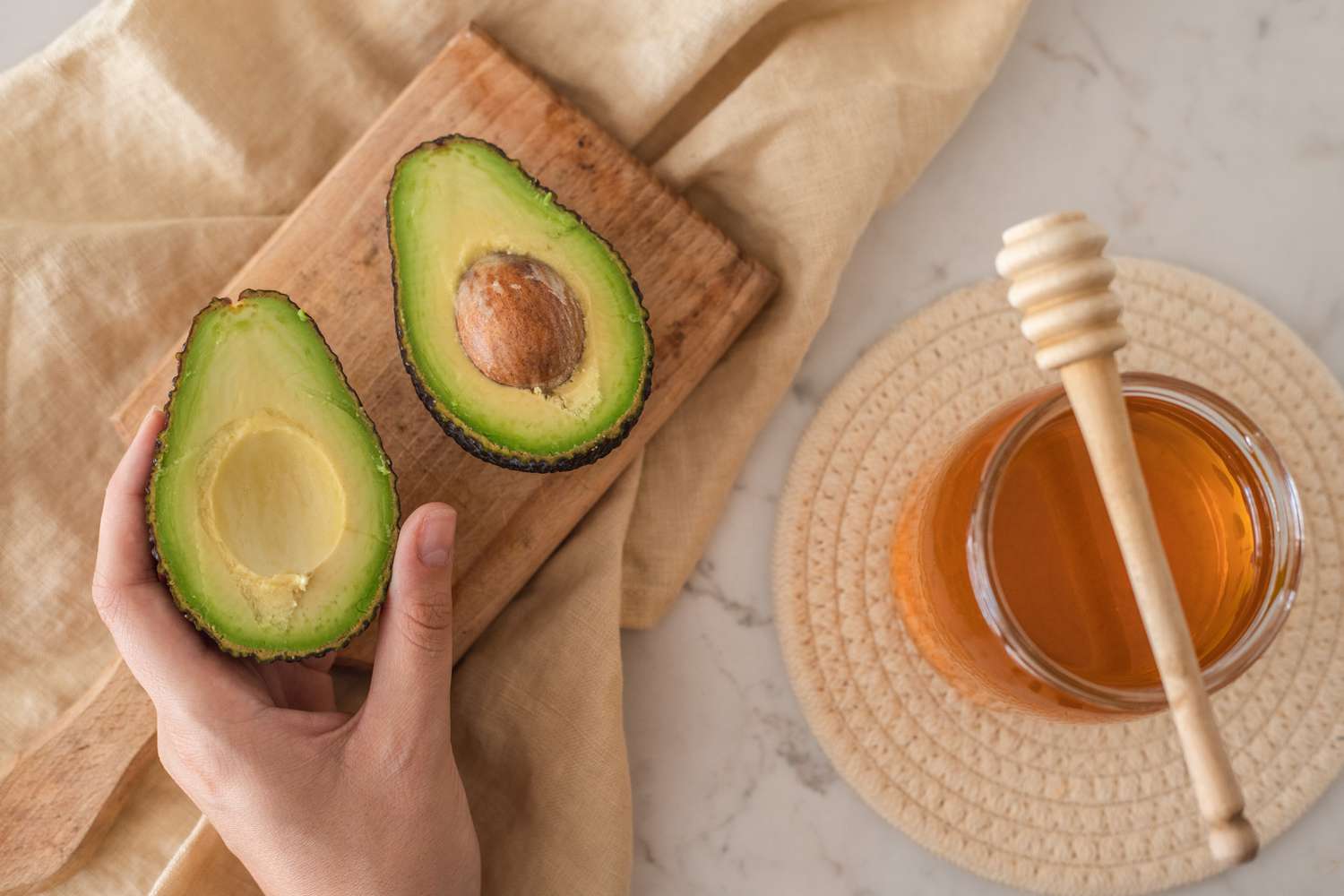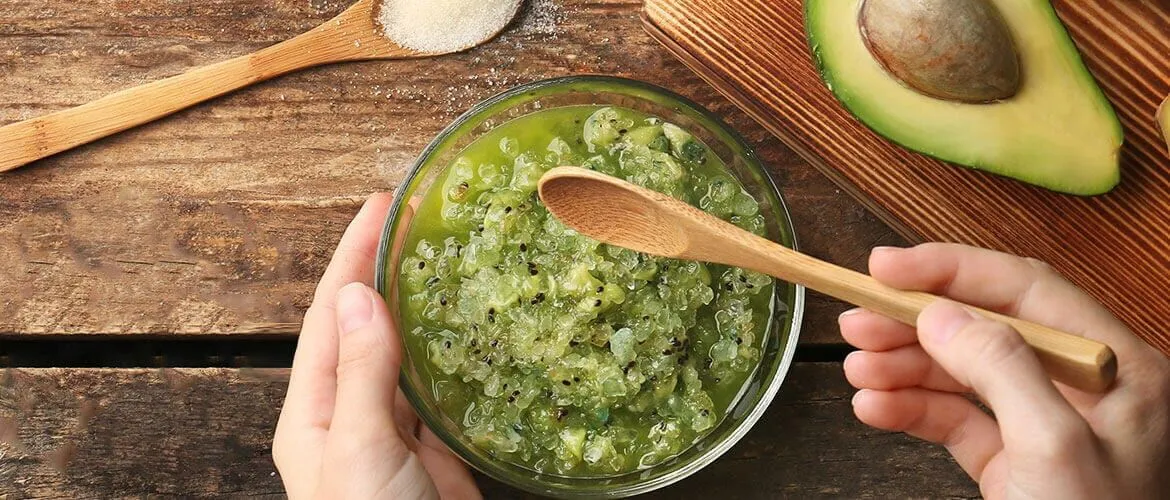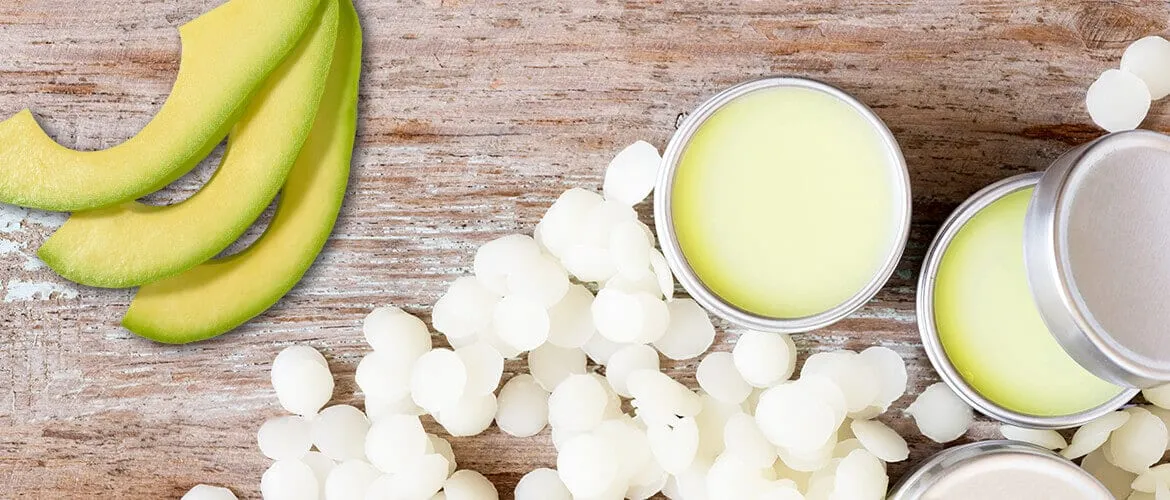How to Make Moisturizing Avocado Soap
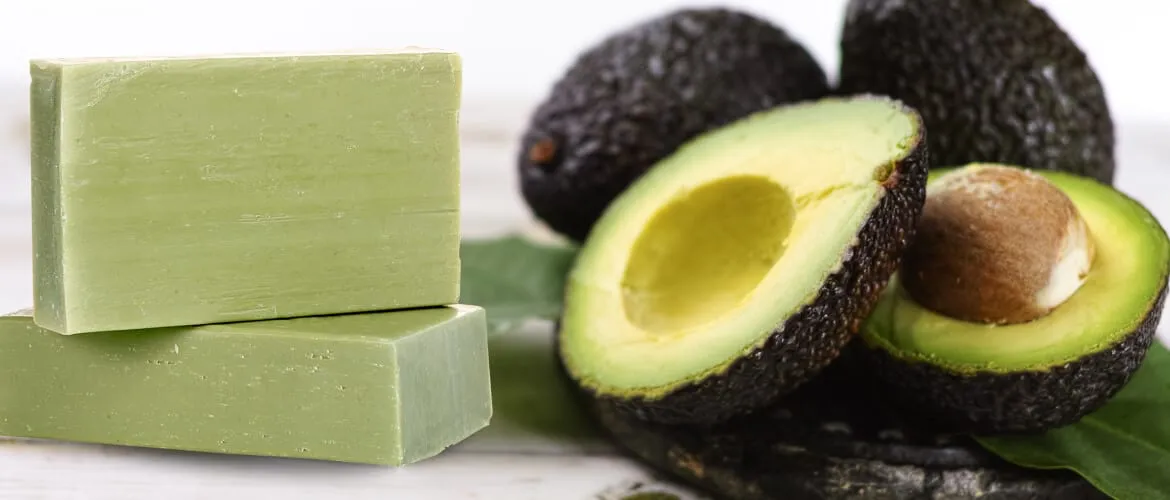
With the right tools, materials, and a few simple safety precautions, you can transform this versatile fruit from snack to luxurious DIY avocado soap — perfect for gifting or enjoying every day. As with trying any new product, please consult a dermatologist prior to incorporating avocado soap into your routine.
Avocado Soap Made From?
Avocado Soap

01
Set up your workspace.Makes 6-8 soap bars.
- 8 oz. avocado oil
- 8 oz. coconut oil
- 8 oz. olive oil
- 8 oz. distilled water (or 2.67 oz. cubed avocado and 5.3 oz. water)
- 4.67 oz. lye
- Essential oils for fragrance (optional)
- Spirulina for green coloring (optional)

- Goggles, mask, long-sleeved shirt, work pants, and heavy-duty rubber gloves
- Silicone soap mold or loaf pan lined with freezer/butcher paper
- Digital scale with at least one decimal place
- Stainless steel saucepan (no aluminum)
- Immersion blender
- Candy thermometer
- Several plastic spoons
- Old plastic containers
- A tall glass container (a pitcher or vase works well) for blending
- An antioxidant to prevent spoilage (Rosemary oleoresin extract, or ROE, works especially well, preventing oil from going rancid.)
Avocado Soap
Avocados provide nutrients that may help naturally soothe and nourish the skin. “Good fats,” like the ones found in avocados, are known for their anti-inflammatory and moisturizing properties. Not to mention, 72% of an avocado’s weight is from water, an important factor when quenching dehydrated skin. Avocados also provide vitamin E — a fat-soluble vitamin that acts as an antioxidant — which protects body tissue from damage caused by substances called free radicals.
Vitamins and Minerals in Avocado
- Niacin (6% DV)
- Vitamin C (4% DV)
- Vitamin E (6% DV)
- Good fat (Helps you absorb vitamin E!)

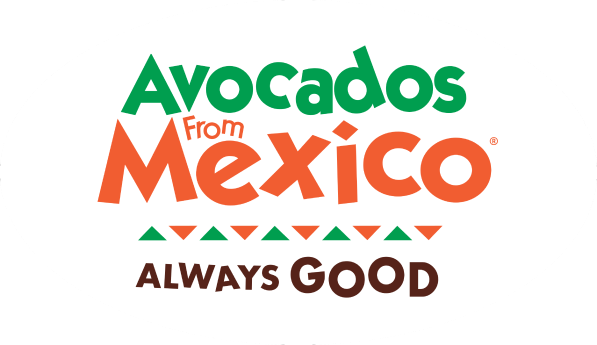
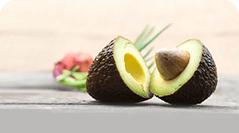
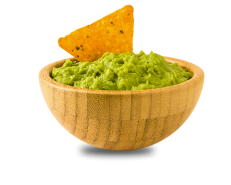 Guacamole
Guacamole
 Burgers & Sandwiches
Burgers & Sandwiches  Tacos & Burritos
Tacos & Burritos 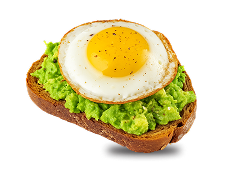 Avocado Toast
Avocado Toast 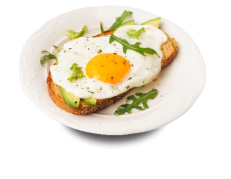 Breakfast
Breakfast
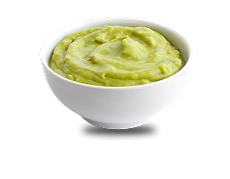 Sauces & Spreads
Sauces & Spreads 
